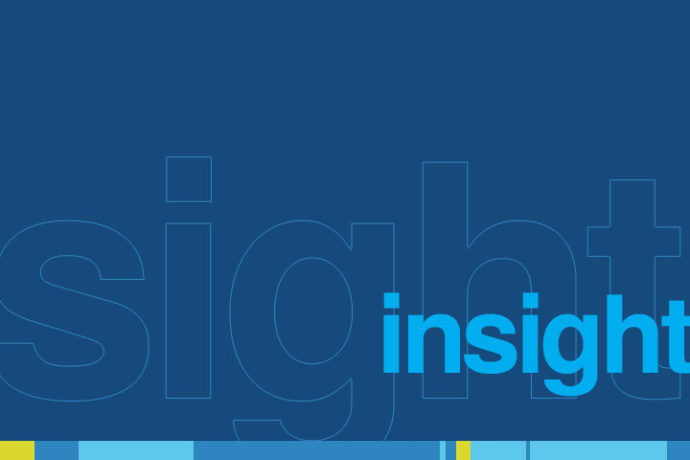
Colorado is home to a thriving craft alcohol beverage market with several nationally recognized breweries, distilleries and wineries located across the state. Colorado is also emerging as a vibrant craft coffee community according to a recent article in Denver’s 5280 Magazine. A relatively new food and beverage trend combines the best of both worlds for the right type of business – the liquor licensed coffee shop. The concept is quickly gaining traction, as Westword Magazine just released a ranking of “The Ten Best Denver Coffeehouses With Booze.” Coffee shops ranging from international chains to locally owned neighborhood establishments are discovering the value of offering expanded beverage options to their customers. This article provides a brief overview of Colorado’s liquor licensing laws for coffee shops and describes how these businesses can tap into a new market.

Under Colorado law, there are three (3) primary types of retail liquor licenses that coffee shops may be able to utilize: the Hotel and Restaurant (“H&R”) license, the Tavern license and the Beer and Wine license. The H&R license, so named because Colorado’s original restaurants in the 1800’s were only located inside hotel lobbies as opposed to saloons, is the standard on-premises liquor license for selling alcohol at a restaurant, café or similar establishment. H&R licensees must operate an on-site kitchen and ensure that “meals,” as defined by the Colorado Liquor Code, constitute at least twenty-five percent (25%) of the business’s gross income from sales of food and drink. H&R licensees may sell liquor, beer and wine obtained from licensed wholesalers. The Tavern license, in contrast, is primarily intended for establishments that sell alcohol without a full kitchen or regular meal service. Tavern licensees must serve “sandwiches and light snacks,” but are not required to provide meals or maintain a certain percentage of food sales. Taverns may sell the same types of alcohol as H&R licensees. Finally, the Beer and Wine license is commonly utilized by smaller establishments. Beer and Wine licensees have the same food service requirements as Taverns, but cannot sell spirituous liquors such as brandy, rum, whiskey, gin or vodka. For example, a coffee shop with a Beer and Wine license could sell craft beer and wine, but not Baileys Irish Coffee.
Colorado’s liquor laws for retail establishments are administered under a dual-licensing structure between the state and local government. To obtain a liquor license, a business first submits its application to the “local licensing authority” where the proposed establishment is located, which may be a city or county clerk’s office, liquor board or other municipal agency. If the local licensing authority approves the application after its review, it will forward the application to the Colorado Liquor Enforcement Division (“LED”) for review at the state level. During the application process, the business will provide information about its proposed location, corporate structure, financing, individual owners and operational management. Local jurisdictions may have additional requirements, such as special zoning restrictions for liquor establishments. The applicant’s officers, directors and shareholders with an ownership interest of at least ten percent (10%) must complete a criminal background check with fingerprinting. The current license application fees are $1,600 total for the state and local authorities. For an additional fee, the applicant can request “concurrent review” of the application by both authorities simultaneously to reduce processing time. The annual license fees vary depending on the type of license.
The focal point of the application process is the public hearing, which is conducted by the local licensing authority to solicit input on the “needs and desires” of the neighborhood where the license is proposed to be located. According to Colorado case law, the applicant must prove that there is a both a need and a desire for the license in the designated neighborhood on the part of residents and business owners or managers. Evidence of a need may include a lack of existing licensed outlets to meet demand in the neighborhood, and evidence of a desire may include testimony and petitions from residents and businesses supporting issuance of the license. Neighborhood groups also have a recognized role in public hearings under the Colorado Liquor Code, and several local jurisdictions have groups that are active and engaged in the licensing process. Based on the outcome of the hearing, the local authority will determine whether to approve or deny the application, and its decision is subject to judicial review. If the application is approved by the local authority and subsequently by the state LED, the applicant will undergo on-site inspections of the premises. After all requirements are completed and the state and local licenses are issued, the establishment may begin selling alcohol in compliance with applicable laws and regulations.
For coffee shops considering adding a liquor license to provide new beverage choices for their customers, the H&R license, Tavern license and Beer and Wine license are each viable options. The appropriate license will depend on the target consumer market, projected food versus alcohol sales, neighborhood context, level of community support, likelihood of application approval and other business and regulatory considerations. During the application process, open communication with the relevant government agencies, timely submittal of complete application materials and proactive engagement with local residents, businesses and neighborhood groups are elements of a successful strategy. By obtaining a liquor license, coffee shops can combine the best of Colorado’s pioneering craft alcohol beverage and coffee markets.
John E. Jennings is a regulatory attorney at Ireland Stapleton Pryor and Pascoe, PC. He works with businesses of all sizes on licensing and regulatory matters. Prior to joining Ireland Stapleton, Jennings served as the Hearings Manager for the City of Denver’s Department of Excise and Licenses. He can be reached at 303-628-3636 or jjennings@irelandstapleton.com.
What is written here is intended as general information and is not to be construed as legal advice. If legal advice is needed, you should consult an attorney.